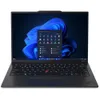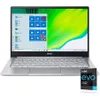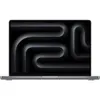Which HP laptop is right for you? Why to buy the Spectre, Envy, ZBook, or OMEN
Find the perfect HP laptop with this quick and easy guide
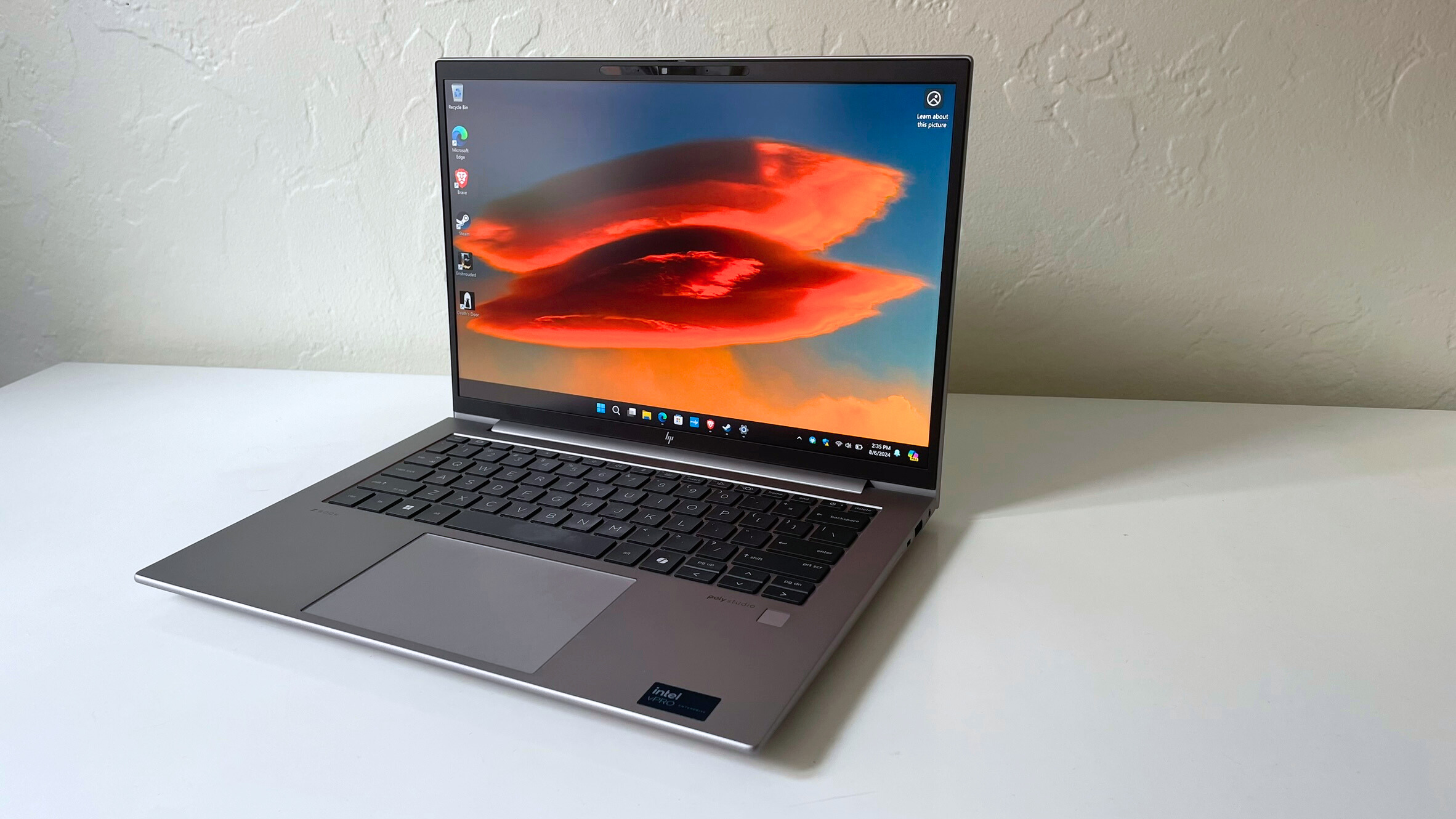
If you’re shopping for an HP laptop, you might find yourself wondering, what’s the difference between HP Spectre, Pavilion, Envy, and all these other names?
HP offers a myriad of laptop line-ups, each geared toward different uses and price ranges, so it can be overwhelming at first. Luckily, this guide will help you make sense of HP’s different laptop lines so you can choose the perfect laptop for your needs.
HP’s main laptop lines include Spectre, Pavilion, Envy, EliteBook, OmniBook, ZBook, OMEN, Victus, and Chromebook. While some have similarities, each is best for a specific type of user. Here’s an overview of the best HP laptops for students, professionals, power users, and gamers.
Best overall: HP Spectre
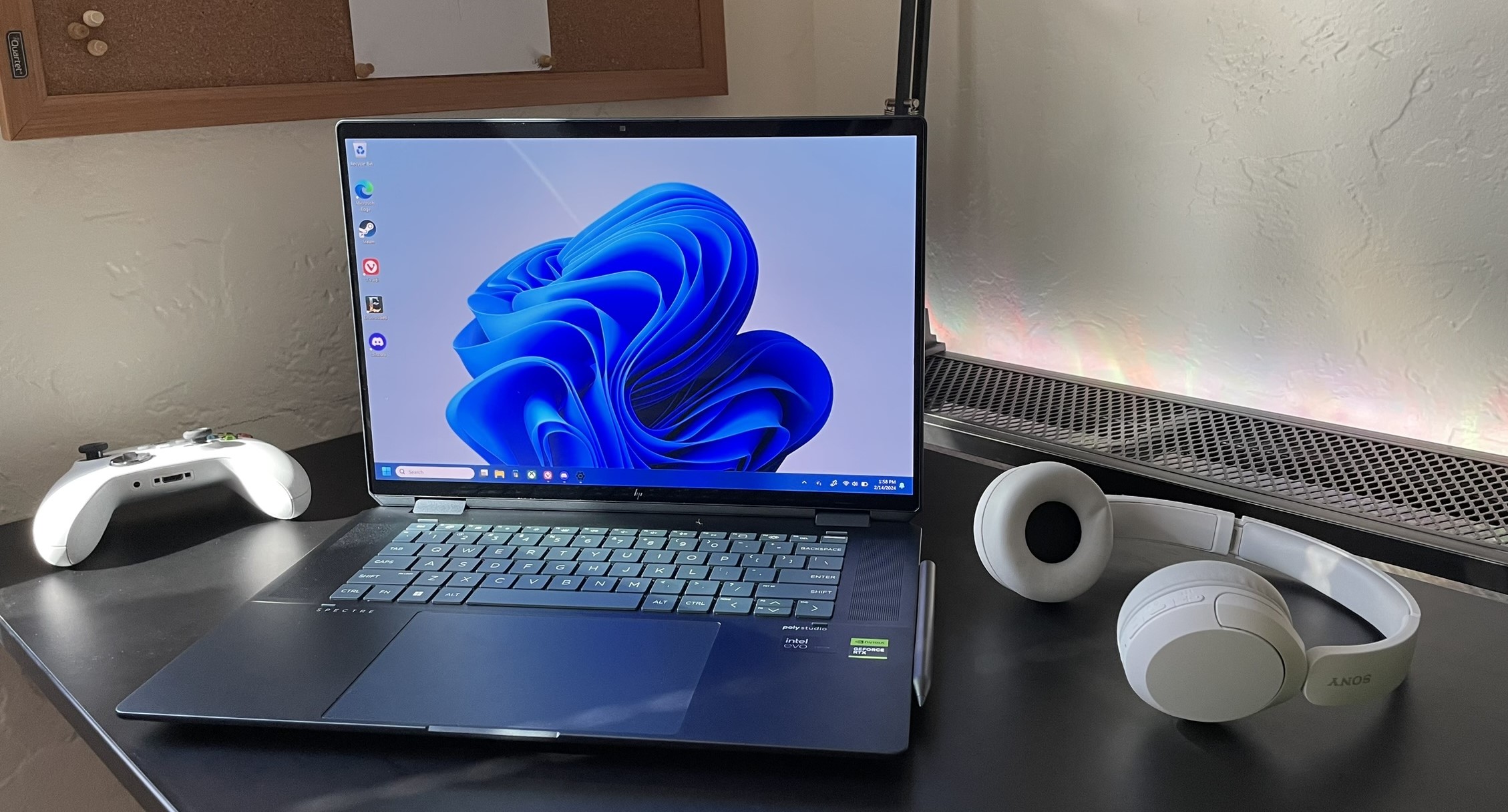
If you’re looking for best-in-class performance, stellar design, and premium build quality, look no further than the HP Spectre line-up. These are HP’s premium productivity laptops.
These are HP’s premium productivity laptops.
They’re among HP’s more expensive offerings, starting at $1,499, but Spectres are well worth their price for those who can afford it.
For example, the HP Spectre x360 16 features an Intel Core Ultra 7 CPU, an IMAX-enhanced OLED display, immersive audio, and a 2-in-1 design wrapped in a sleek aluminum chassis. You can even configure it with an NVIDIA GeForce RTX graphics card, allowing you to play AAA games.
Laptop Mag gave the HP Spectre x360 14 and x360 16 Editors Choice awards, so you’ll get a great laptop with either model.
Sign up to receive The Snapshot, a free special dispatch from Laptop Mag, in your inbox.
Best for students: HP Pavilion and Chromebooks
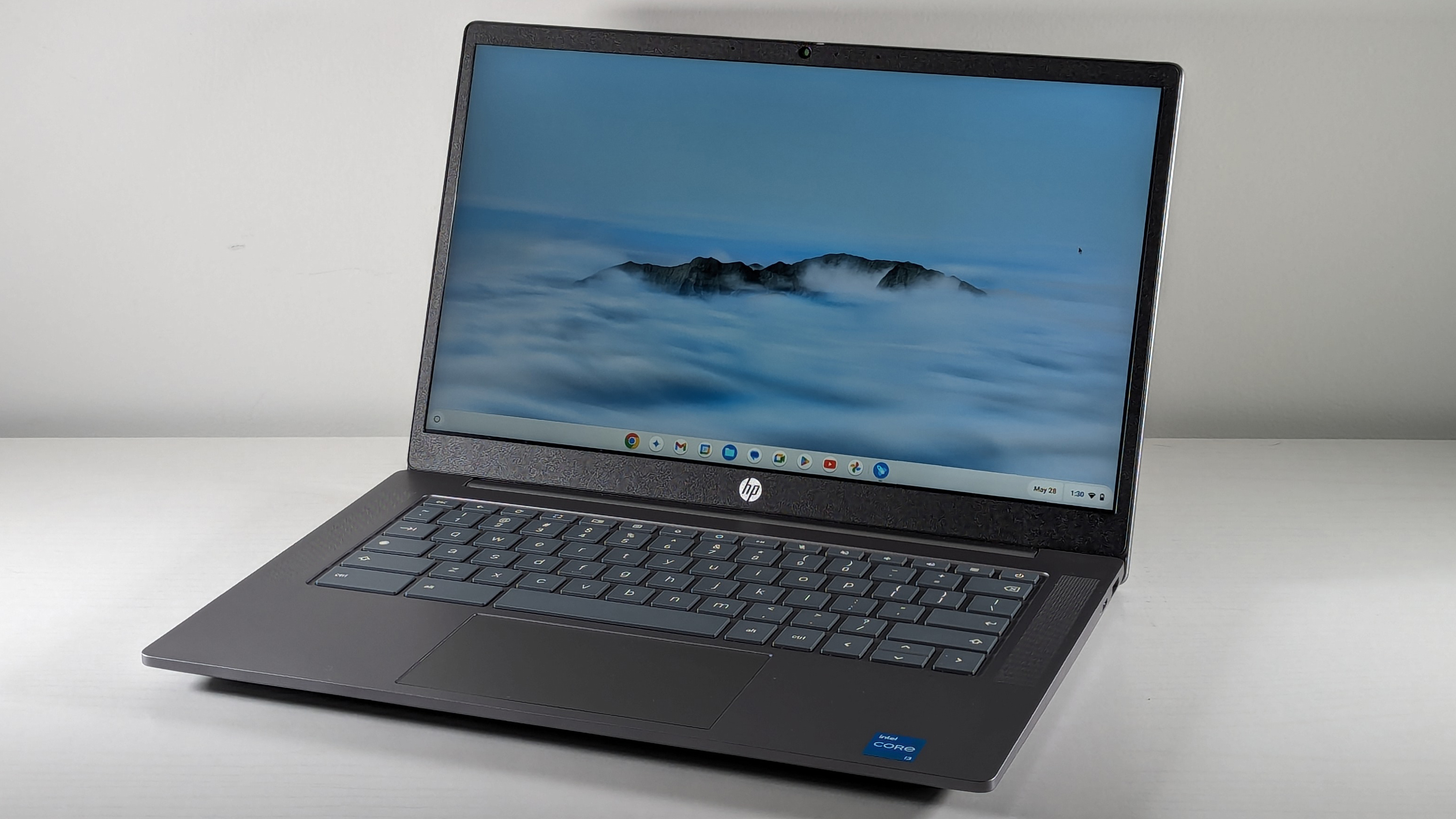
Thanks to their budget-friendly pricing, HP’s Pavilion and Chromebook models are ideal for students and casual users. An HP Chromebook can be had for under $300, and Pavilion models often start at under $1,000.
An HP Chromebook can be had for under $300, and Pavilion models often start at under $1,000.
The main difference between these two lines of HP laptops is their operating systems. Chromebooks run on ChromeOS, which has some significant differences from Windows 11, which the Pavilion laptops have. For example, most Windows apps are not compatible with ChromeOS since it can only use apps from the Google Play Store.
That might be fine if you only use your laptop for web browsing and word processing. However, if you want to do some casual gaming or run tools like Adobe Photoshop, you should go for an HP Pavilion over a Chromebook.
Best for professionals: HP Envy, OmniBook, and EliteBook
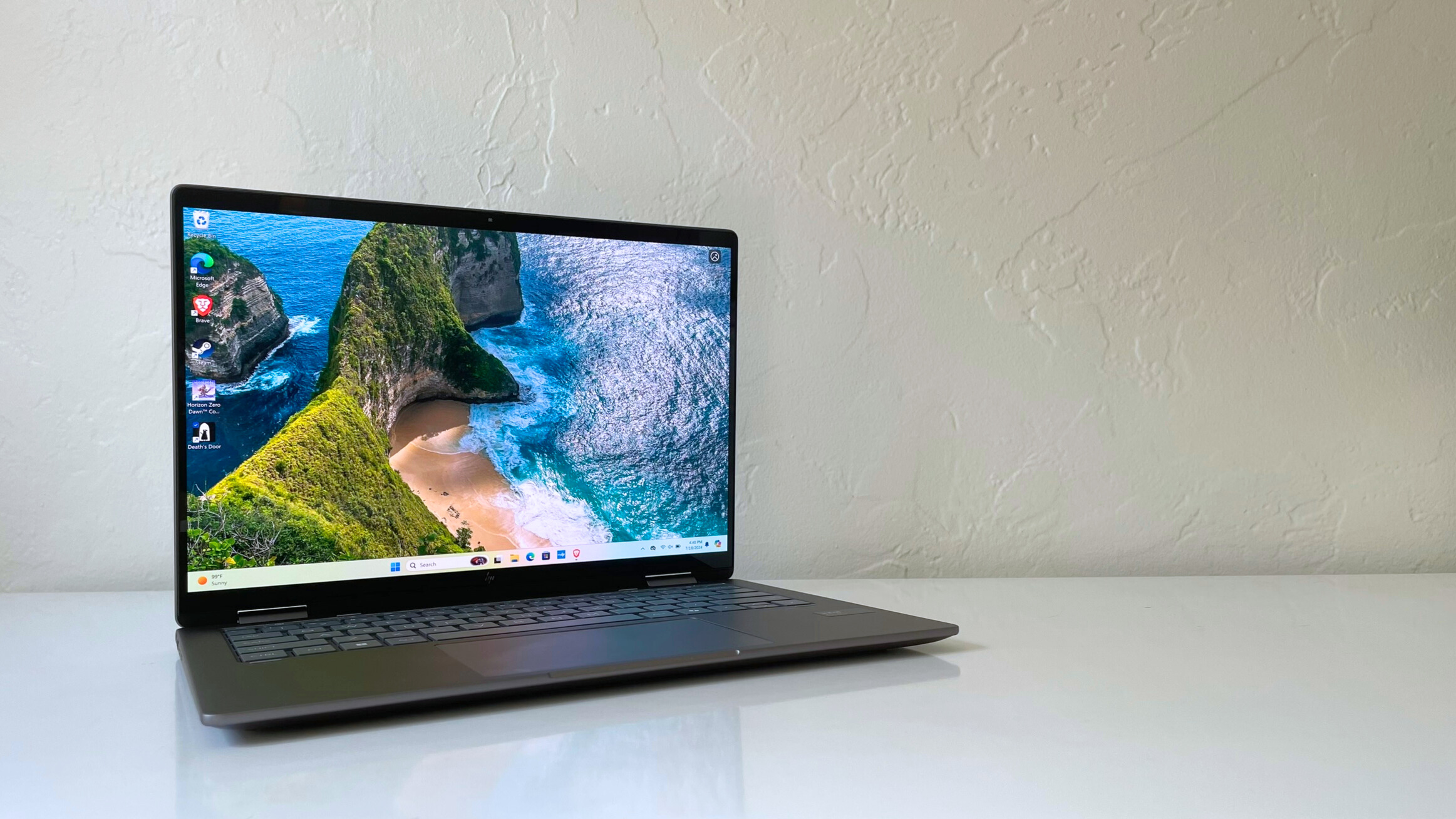
If you’re looking for an HP laptop for work, the Envy, OmniBook, and EliteBook lines are the best choice. These are HP’s main professional-grade laptops, although there’s still plenty of variety in price and components.
These are HP’s main professional-grade laptops
For instance, HP Envy laptops are more affordable than OmniBooks and EliteBooks. The HP Envy x360 starts at well under $1,000, with plenty of options for customization and upgrades. Envy laptops might not perform on the same level as OmniBooks or EliteBooks, but they’re still a step up from the more basic Pavilion laptops.
OmniBooks and EliteBooks are more expensive than Envy laptops but typically offer more powerful performance and premium components. For example, the HP EliteBook Ultra and OmniBook X outperformed the HP Envy x360 in our benchmark tests. Both laptops also have much longer battery life than the Envy.
In addition to OmniBooks and Elitebooks, HP Spectre laptops are also great for professionals, especially if you just want to purchase one laptop for yourself (rather than a bulk business order).
Best for power users: HP ZBook
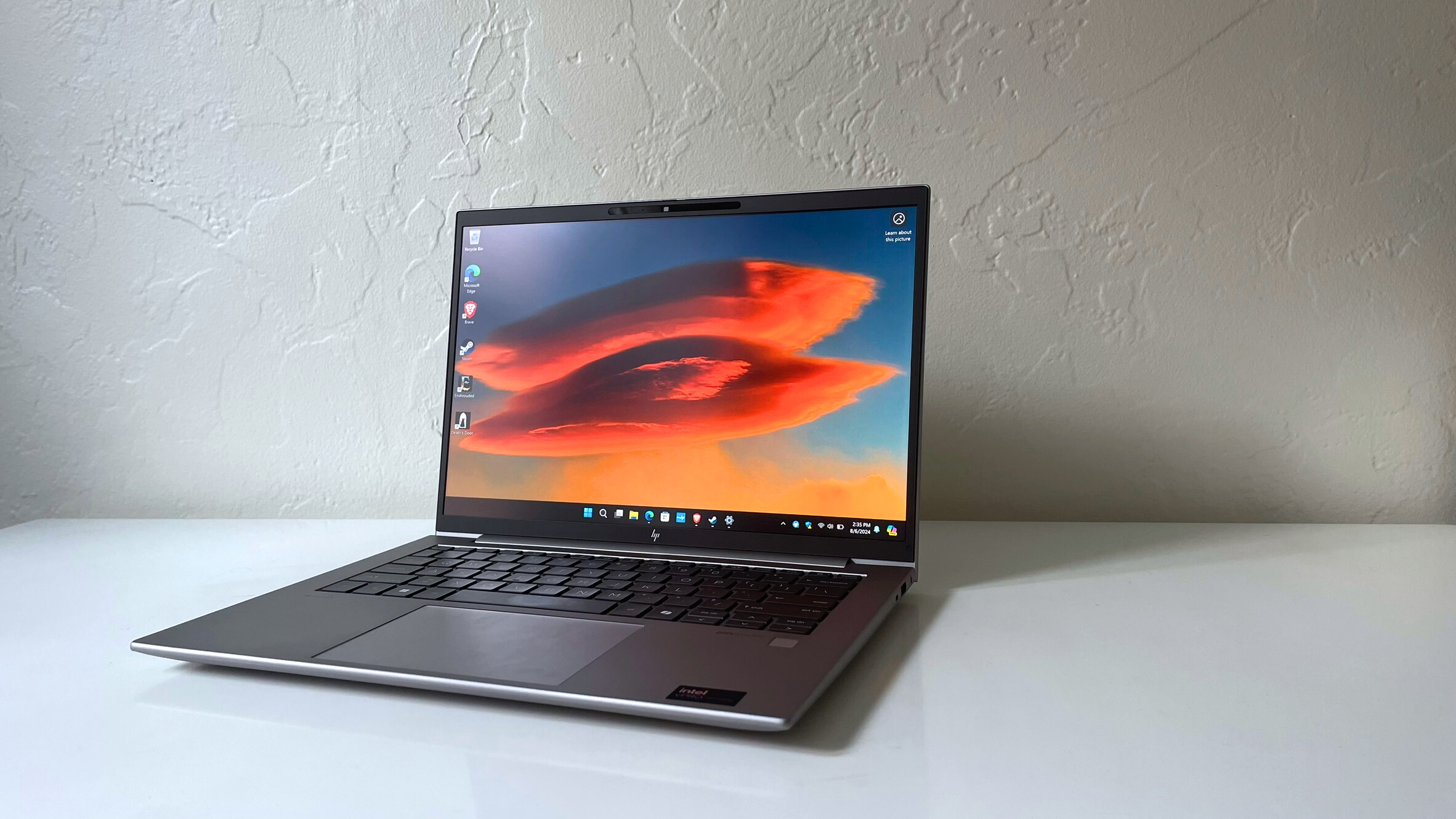
ZBooks are HP’s mobile workstation laptops, designed for business users seeking desktop-like performance in a laptop form factor. They’re not as slim and light as Envy or EliteBook laptops but usually offer more powerful components.
However, it’s worth noting that ZBooks are pretty expensive for individual users since HP designs ZBook pricing with bulk purchases for businesses in mind.
They’re not as slim and light as Envy or EliteBook laptops but usually offer more powerful components.
So, IT leaders and entrepreneurs may be able to get a good price on a bulk order of ZBooks for their team, but buying a single unit can cost $3,000 or more.
If you’re a business user on the fence about opting for a ZBook, an OmniBook, or an EliteBook, consider what’s more important to you: mobility and battery life or processing power.
A workstation laptop like the HP ZBook Firefly 14 may not offer long battery life like an EliteBook. However, it can give you access to more powerful components like a professional-grade dedicated GPU.
Best for gaming: HP OMEN and Victus
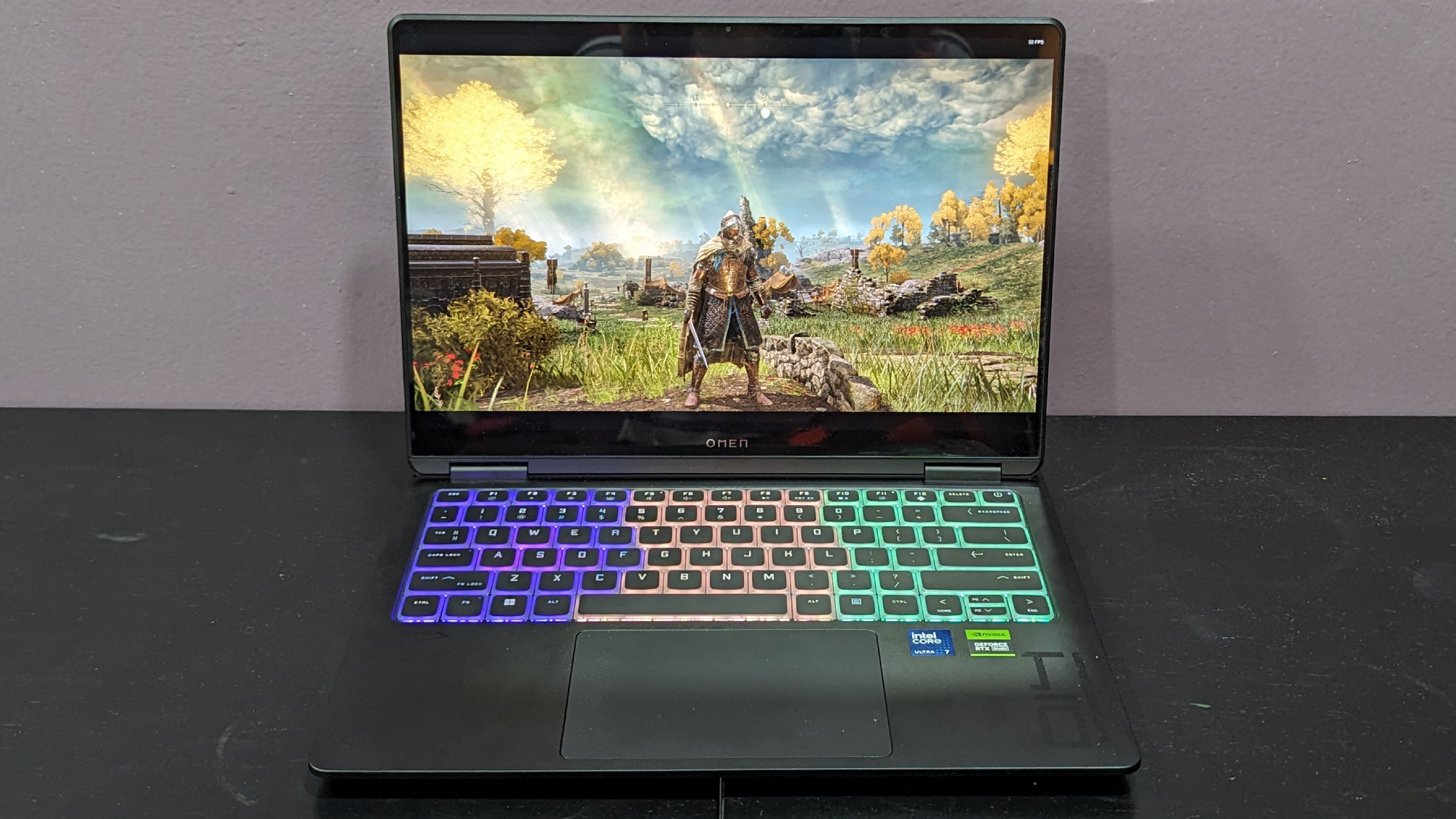
HP offers two lines dedicated to gaming: OMEN and Victus. HP OMEN gaming laptops are more expensive and offer more powerful components and sleeker designs, while HP Victus models are geared toward budget-conscious gamers. However, both lines provide many customization options, so they can end up being around the same price after upgrades.
HP offers OMEN and Victus laptops with Intel and AMD CPUs and various NVIDIA graphics cards. Regardless of the model, upgrade your HP gaming laptop with at least 1TB of storage. Even if you’re shopping for a budget gaming laptop in the Victus line, anything with less than 1TB of storage isn’t worth your money due to the ever-increasing file size of modern PC games.
It’s also worth noting that the HP OMEN line has more display size variety than the Victus line, which only includes 15-inch and 16-inch laptops. So, if you’re looking for a 17-inch or 14-inch model, you would be better served with an OMEN laptop. You can also use our guide to the most important gaming laptop specs to ensure you’re getting a good deal, regardless of whether you’re shopping for an OMEN or Victus model.
How to choose the right HP laptop for you
Most HP laptops fall into one of a few categories, but if you’re not sure which one is right for you, a few factors can help you decide.
First, consider your price and most important spec, such as processing power or battery life. Say you want a powerful laptop for work that can also handle gaming. In this case, an HP OMEN or Victus laptop might offer more robust performance than a business laptop, especially if you can’t take advantage of bulk business pricing.
If battery life is your top priority, you might want to avoid HP’s gaming and workstation laptops and opt for an EliteBook or Spectre.
On the other hand, if battery life is your top priority, you might want to avoid HP’s gaming and workstation laptops and opt for an EliteBook or Spectre.
Design is also an important factor to consider. If you want a 2-in-1 laptop, your best bet is an HP Spectre or Envy since OMEN, Victus, and ZBooks don’t have 2-in-1 functionality. Some of HP’s Chromebooks and Pavilion laptops are also 2-in-1s if you want the option for tablet mode without the sky-high price of an HP Spectre.
Regardless of the price and features you’re looking for, an HP laptop could be a great fit. You can visit Laptop Mag’s expert guides to the best laptops of the year, best 2-in-1 laptops, and best business laptops to see how HP’s offerings compare with the competition.
More from Laptop Mag
- What makes a great budget laptop? It's all about the right trade-offs
- HP Spectre x360 16 (2024) review: A premium 2-in-1 laptop that does it all
- HP ZBook Firefly 14 G11 review: A business laptop that aims high, but falls short in one critical metric

Stevie Bonifield is a freelance tech journalist who has written for PC Gamer, Tom's Guide, and Laptop Mag on everything from gaming to smartwatches. Outside of writing, Stevie loves indie games, TTRPGs, and building way too many custom keyboards.



